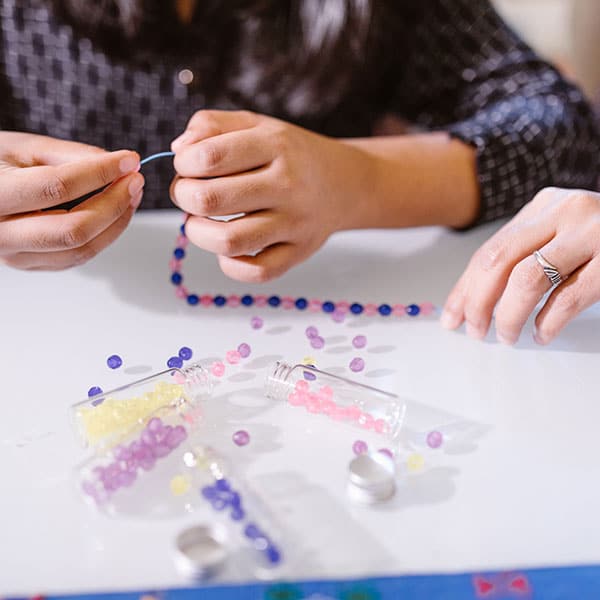The Montessori Philosophy
Dr. Maria Montessori, physician, anthropologist, and pedagogue studied children of all racial, cultural, and socioeconomic backgrounds for over fifty years. Through her scientific observations, a body of philosophical, psychological, and pedagogical principles came to be known as the Montessori Method.

Maximizing Development
The Montessori Method asserts the most important years for learning are from birth to age six. Developmentally, children progress through a series of “sensitive periods”, which are unique windows of opportunity when a child can acquire knowledge without extreme effort or fatigue.
Thus, the Montessori classroom is designed to take full advantage of this formative period using stimulating learning materials in a prepared environment where children respond to their natural tendency to work.
Purposeful Activity
The child’s natural curiosity and passion for learning are encouraged with opportunities to engage in spontaneous, purposeful activities under the guidance of a trained adult. Individual work is encouraged to aid the child’s development of self.
Classrooms contain Montessori materials and areas that cultivate the child’s ability to express and think for themselves. Within this framework, children progress at their own pace and according to their own capabilities.
